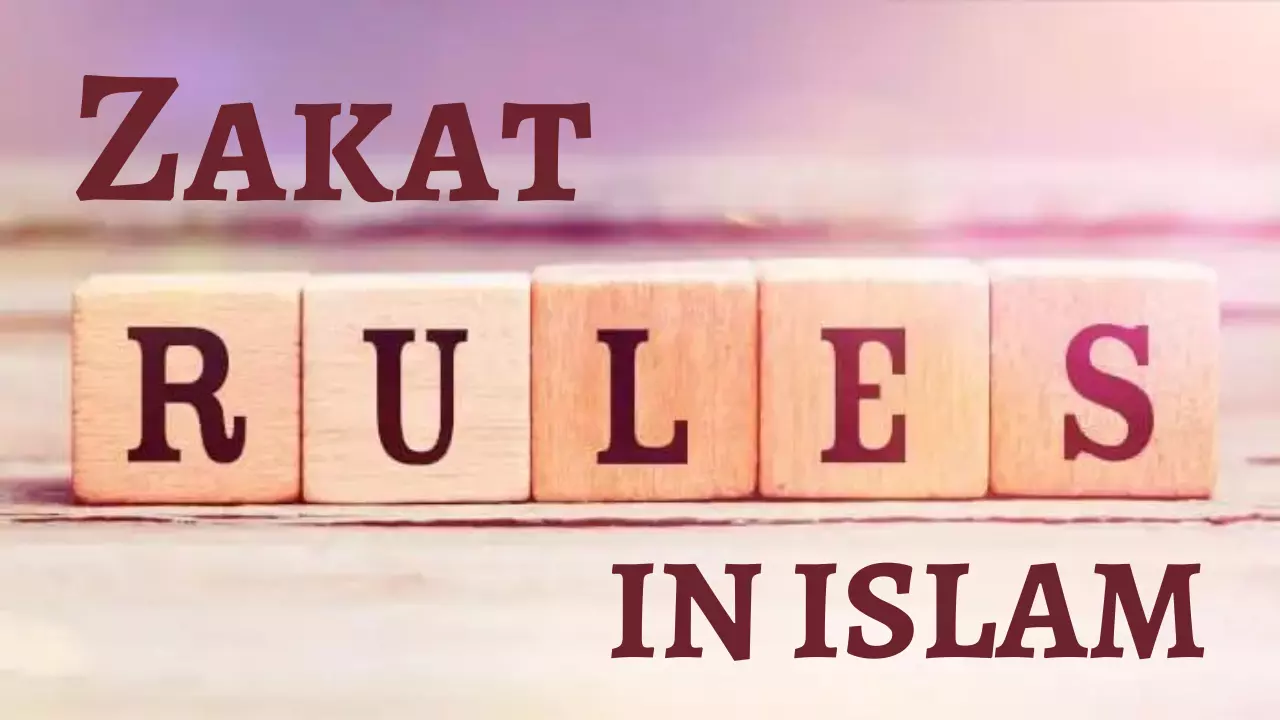
Zakah:
Ruling for those who do not give it
Ruling for those who deny it
Ulama Institute #1
Looking to learn Arabic or memorize the Quran?
Check our Trusted Teachers

- It is established beyond any shadow of a doubt that Zakah is compulsory upon those Muslims who are sane, and who possess the nisaab of Zakah for a period of one year. This is mentioned in the Qur’aan and the Sunnah of Prophet Muhammad ﷺ .No Muslim can reject or deny that Zakah is one of the fundamentals of Islam and that a person who fulfils the requirements has to give it. Refer to Unit 24,lessons 1 and 2 for proof that Zakah is obligatory.
- There are two types of people who do not give Zakah. First are those who do not give Zakah and believe that they do not have to give it. Second are those who do not give Zakah out of negligence or carelessness.
- The first group does not believe that it is necessary to give Zakah. They do not acknowledge the correct status of Zakah. They do not give it because they refuse to acknowledge that it is compulsory. People in this group cannot remain within the fold of Islam. If any person rejects the Command of Allah ﷻ (which has been established from the Qur’aan and Sunnah), he becomes an apostate. It is for this reason that Aboo Bakr was prepared to wage war against any person that refused to give Zakah. He said, “By Allah ﷻ ! I will fight whoever differentiates between Salah and Zakah, as Zakah should be taken from one’s property (according to Allah’s ﷻ Orders). By Allah ﷻ ! If they refused to pay me even a she-kid they used to pay to Allah ‘s Messenger ﷺ , I would fight with them for withholding it.” (Bukhaari).
If a person holds the view that it is not compulsory to give Zakah, yet he/she voluntarily gives Zakah, it would not change the situation. He/she would still be committing an act of apostasy, since he/she is still rejecting the Command of Allah ﷻ as established through the Qur’aan and Sunnah. - The second group of people are those who do not deny the obligatory nature of Zakah. They agree and believe that Zakah is compulsory. They understand that Zakah is a fundamental and the third pillar of Islam. However, they do not give Zakah. Sometimes this is due to sheer carelessness or negligence and sometimes out of love for the wealth they possess and their difficulty to part with it.
- People from the second group will be counted amongst those who are committing major sins. They would subject themselves to the wrath of Allah ﷻ if they do not discharge their Zakah before they die. The Qur’aan and the Sunnah clearly show that such people would undergo severe punishment. Such punishment is mentioned in the previous lesson entitled “Warnings for not giving Zakah.”

What we learn from the lesson:
- Denying any of the established Commands of Allah ﷻ (those proven beyond doubt from the sources of the Sharee’ah) causes apostasy.
- If Muslims do not carry out any Command of Allah ﷻ they must ask Allah ﷻ for forgiveness, and make sincere intention to fulfill the command. They should never try to justify their actions or reject the Command of Allah ﷻ .
- Those who do not believe that giving Zakah is obligatory become apostates, whereas those who do not give Zakah become major sinners.
“Discussion:”
- Why does a person who denies Zakah become a disbeliever ?
- What would be the ruling for a person who does not believe that it is necessary to fast Ramadaan?
- What would be the ruling for a person who does not fast out of laziness?







